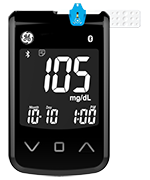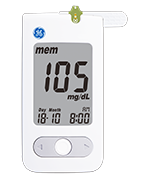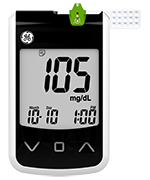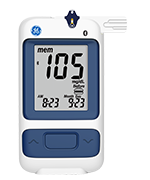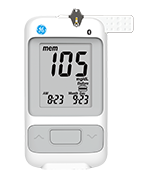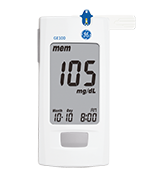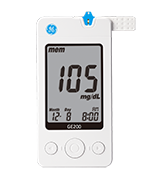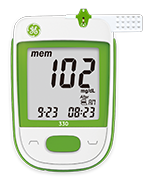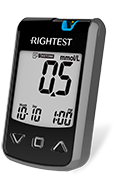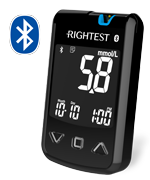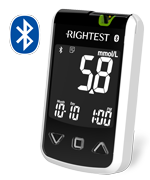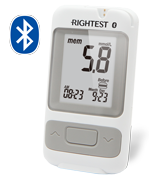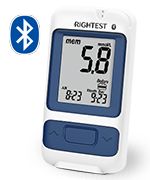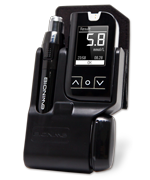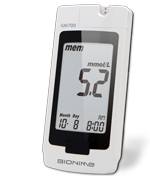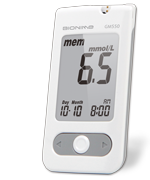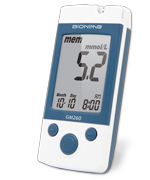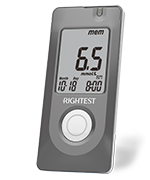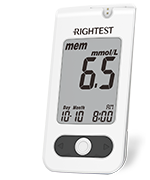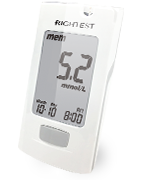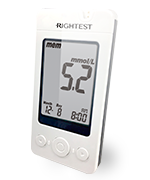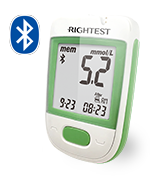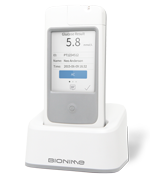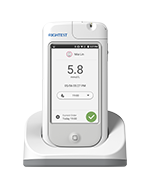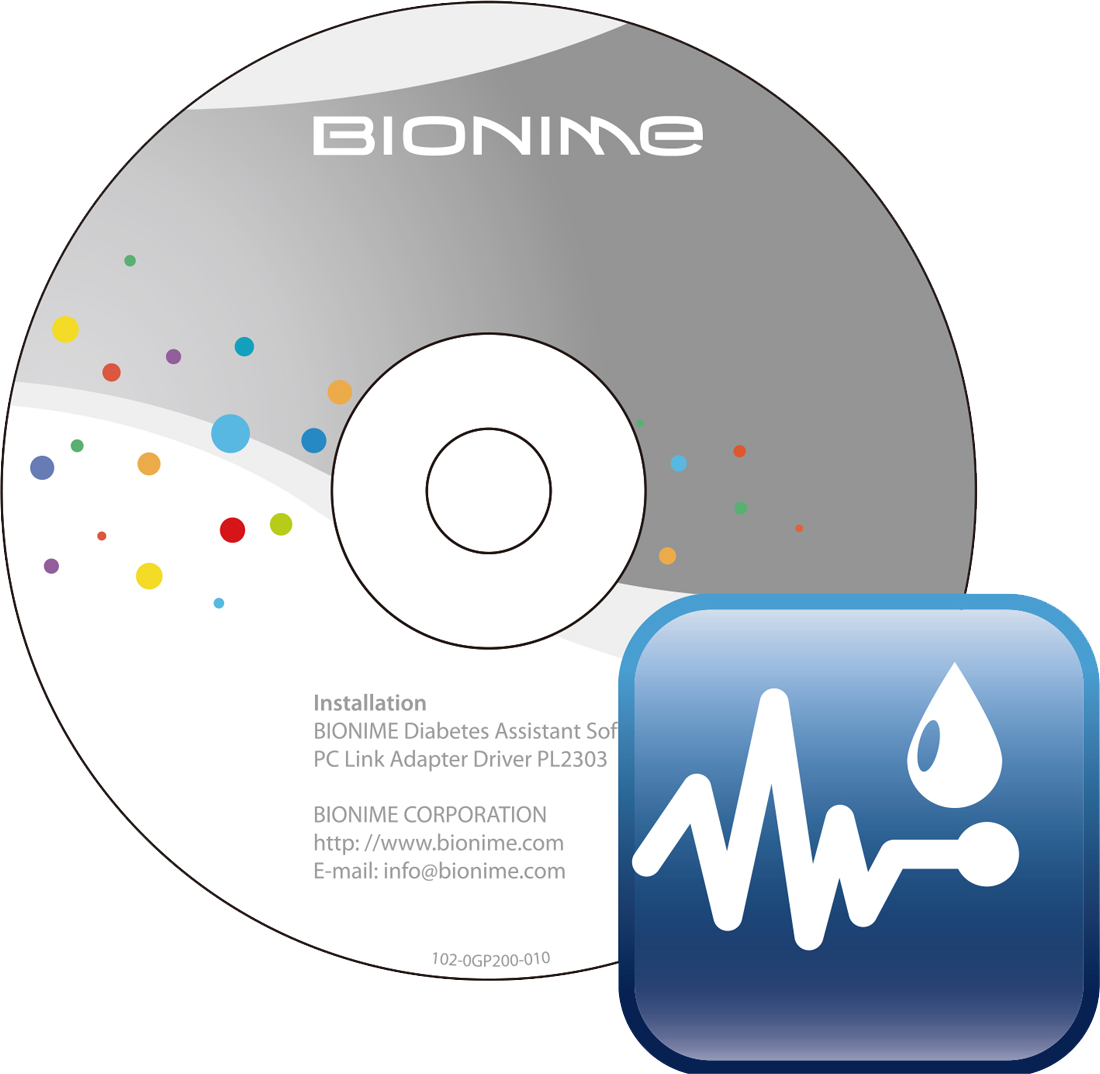Covid-19 and Diabetes
Covid-19 and Diabetes
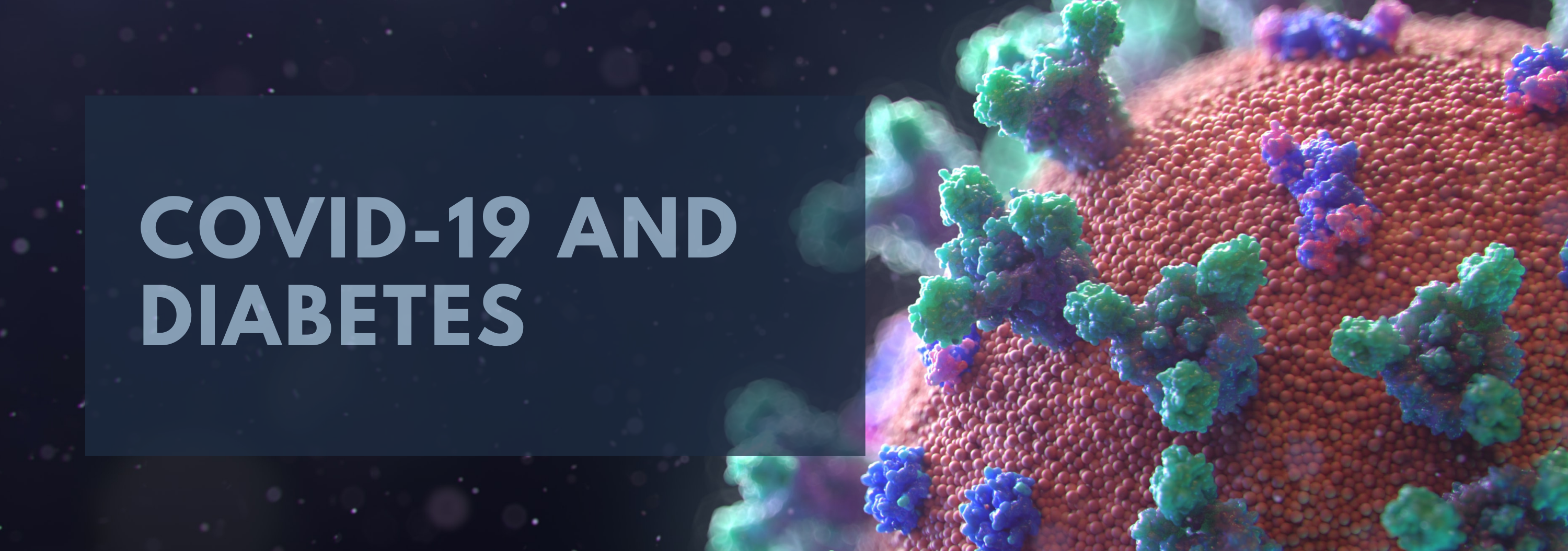
Over the course of the pandemic it’s become clear that certain groups are more at risk of complications related to Covid-19. Dominant among all risk factors is old age and as such elderly people should take particular care to try to avoid contracting the virus. However, there are others factors too, one of which is diabetes. If you are someone who has diabetes then you don’t need to worry excessively but it is sensible to follow the guidance and regulations issued by your local authorities.
How is someone with diabetes affected by the virus
The risk of catching the virus isn’t any higher for someone who has diabetes than it is for anyone else. However, the US CDC reports that the risk of medical complications due to contracting Covid-19 is higher for those with Type 2 diabetes and may be higher for those with Type 1 or Gestational Diabetes.1
If infected with Covid-19, the body gets to work fighting it off. It breaks down glycogen (glucose stored in the body) into glucose molecules which enter your bloodstream to provide you with energy. However, people with diabetes aren’t able to produce enough insulin to deal with this rise in blood glucose. Ultimately, their blood sugars are likely to rise.
Essentially this means that when you’re ill, your blood glucose can vary wildly. You’re more at risk of highs and lows leading to Diabetic Ketoacidosis (DKA) or Hyperosmolar Hyperglycaemic State (HHS). This puts additional strain on the body and helps to explain why Covid-19 related complications are more frequent among those with diabetes.2
This isn’t cause for alarm for most people with diabetes though. By far the most significant risk is age. The risk due to diabetes is better thought of as a multiplying factor. A young person with diabetes is more at risk of complication than their peer without diabetes, perhaps even double. However, in the grand scheme of things the risk for both remains extremely low. On the other hand, an elderly person already has a high risk of complications. Throw in diabetes and this risk shoots up even further.3
What can you do?
Having a sick day isn’t fun even if you don’t have diabetes. Having diabetes makes it harder though so it’s helpful to have a good sick day plan prepared in advance.4
It’s sensible to take precautions still and do your part in combatting the spread of Covid-19. Follow the regulations where you are. Check when you are able to have a vaccine – if you have diabetes, you may be in a higher priority group.
Now more than ever, it’s important to try to lead a healthy lifestyle and keep your glucose in a healthy range. Eat a balanced diet, exercise as much as you a can and get good sleep. Use an accurate blood glucose monitor to check your levels and keep a record of them.
- [1] - Centers For Disease Control and Prevention. (2021, February 22). People at increased risk - People with certain medical conditions. Retrieved: March 3 2021 from https://www.cdc.gov/coronavirus/2019-ncov/need-extra-precautions/people-with-medical-conditions.html#diabetes
- [2] - Diabetes UK (2021, March 3). Updates: Coronavirus and Diabetes. Retrieved: March 3 2021 from https://www.diabetes.org.uk/about_us/news/coronavirus
- [3] - Diabetes UK (2021, Janurary 14). NHSE Statistics on Coronavirus Deaths in People with Diabetes. Retrieved: March 3 2021 from https://www.diabetes.org.uk/about_us/news/coronavirus-statistics
- [4] - American Diabetes Association (2021). Preparing for Sick Days. Retrieved: March 3 2021 https://www.diabetes.org/diabetes/treatment-care/planning-sick-days


